Edward Stern is a writer on earning your bachelors degree online.
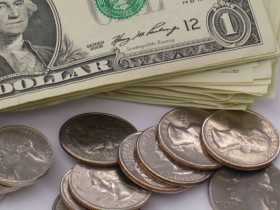 Marriage is a union between two people who are in love and want to share the rest of their lives together, but boy does money enter into the equation in a big way. Money issues are the #1 reason for divorce in the United States, mostly because people don’t have enough of it. Money is a big deal for a married couple, especially ones with children and other family members to support.
Marriage is a union between two people who are in love and want to share the rest of their lives together, but boy does money enter into the equation in a big way. Money issues are the #1 reason for divorce in the United States, mostly because people don’t have enough of it. Money is a big deal for a married couple, especially ones with children and other family members to support.
Especially in today’s tough economy, it’s more important than ever to be thrifty and do what you can to save money. Saving money doesn’t mean drastic life changes or eating 10-cent ramen noodles with every meal; instead, just making a few easy cuts here and there can help you save big over the course of a year. Here are six money tips for married couples to help make some easy choices when it comes to money that will help you save, both on bills and on headaches.
- Buy store brand as much as possible: Whether it’s at Costco, Target, or Safeway, buy store brand over name brand as much as possible. It’ll save you a good chunk of change and you’ll be getting the same thing as the name brand, really. Big name brands bid on getting the rights to store brands so they can capture different parts of the market. They sell store brands for less and name brands for more to help off-set costs. For basic things like toilet paper, pasta, and bottled water, go with the discount name brand to spend less without sacrificing quality.
- Be creative when it comes to childcare: One of the largest expenditures for working parents annually is childcare costs. Putting a child through daycare and after-school care is expensive enough, but when you throw multiple children into the mix, it becomes a financial drain. Figure out creative ways to save on childcare. Ask relatives if they’d be willing to watch children, and compensate by taking them out to dinner every once in a while or treating them to a night out. Swap playdates with other parents, or if you work part time, find another mom with a different schedule from yours to swap shifts. Enroll older children in after-school sports at school.
- Cut the crap: In all likelihood, you are paying for things you don’t need or rarely lose. Get rid of them. Magazine subscriptions are a drain on finances, as are newspaper subscriptions; plus, you can view the same content online for free or for a cheaper rate. If you’re not using a gym membership, cancel it, or just go running and create a home gym. Do you really need premium cable? How many of those thousand channels do you watch?
- Explore the great outdoors: Family days at an amusement park or at the movies are certainly fun and a good way to spend time together, but they are costly. Instead, have fun at a public park tossing a football or go swimming at a public beach. Go on a day hike, or if it’s snowing have a big snowball fight and build snowmen all day, maybe splurging on a hot chocolate break at the nearest bakery. See what community events are being put on in your neighborhood and city. Family fun days don’t have to be expensive — there’s plenty to do for free.
- Get a programmable thermostat: Heating bills are a big cost, and rather than making your family bundle up while keeping the house freezing, install a programmable thermostat. Most people save up to 20 percent on their heating bills by doing so because you can program it to turn off when you’re out and about and to change temperatures in the morning and when you go to bed.
- Only buy what you can: After creating a budget stick to it, and only buy what you can afford now — that means no credit cards. You’ll just get yourself into debt and rack up costly interest, having to pay more than you would have before. Spend responsibly and within your means, avoiding credit cards to encourage those habits.


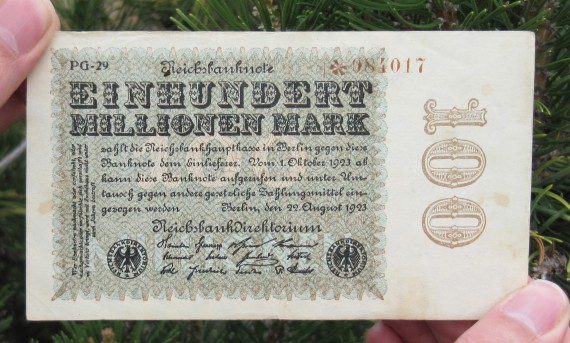

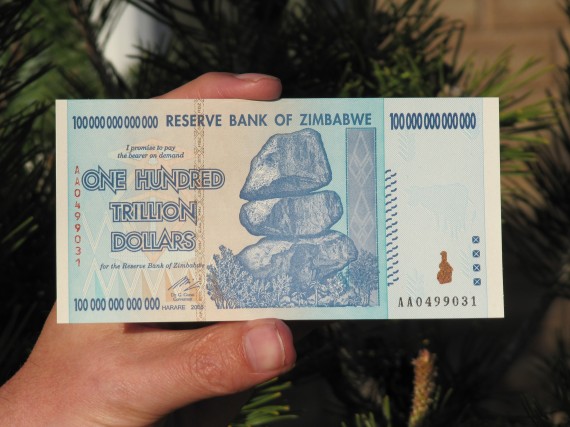


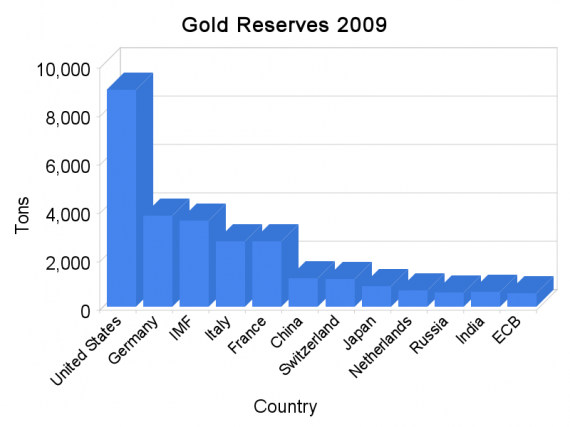
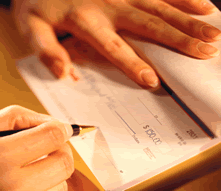 The fuss lately over bank fees has left me mostly disinterested. After all, fees are what other people pay — those folks who don’t know how to manage their money. Wrong. When it happens to you then it isn’t carelessness any more. It’s just the law of averages — sooner or later the fee devil will get you.
The fuss lately over bank fees has left me mostly disinterested. After all, fees are what other people pay — those folks who don’t know how to manage their money. Wrong. When it happens to you then it isn’t carelessness any more. It’s just the law of averages — sooner or later the fee devil will get you.